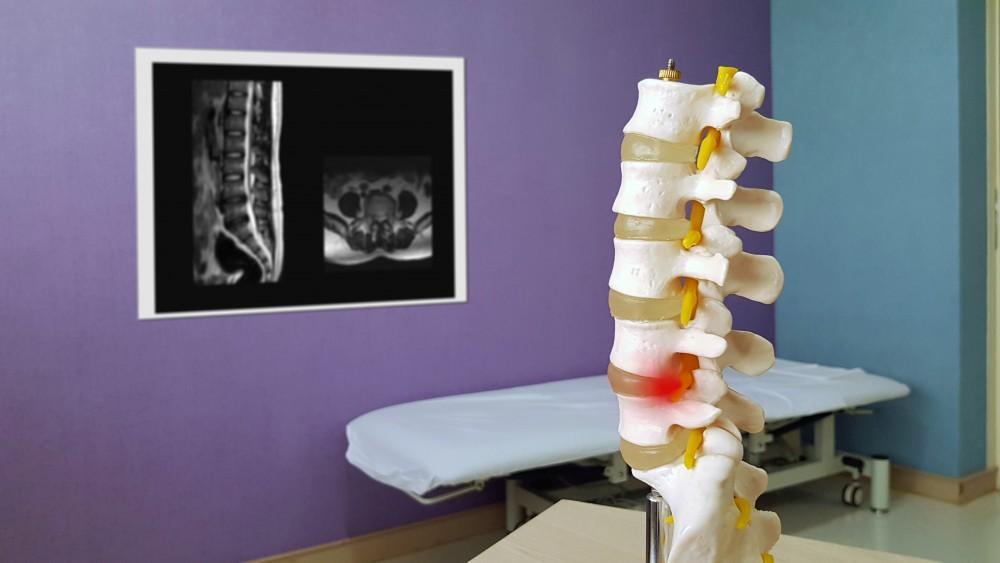
Dangers of an Enlarged Prostate

Did you know that as men age, your risk for developing an enlarged prostate increases quickly? By age 55, about 25% of all men will have developed benign prostatic hyperplasia (BPH), commonly referred to as an enlarged prostate. By age 60, this number rises to 50%, and by age 85, at least 90% of men have BPH.
Although an enlarged prostate isn’t the same as prostate cancer and doesn’t increase your risk of developing prostate cancer, that doesn’t mean BPH is danger-free. At Alate Health, we’re committed to providing the safest and most effective treatments for BPH to men in and around Houston, Texas.
Board-certified radiologist Andrew Doe, MD, understands the frustration the symptoms of an enlarged prostate cause and the risks untreated BPH brings. Our team has put together this informative article to help you better understand BPH and the dangers leaving it untreated may cause.
What is an enlarged prostate?
Benign prostatic hyperplasia (BPH) is the official medical term used to describe an enlarged prostate. An enlarged prostate occurs when the prostate gland, a gland that produces seminal fluid located around the urethra, grows larger than its regular size, which is about the same as a walnut.
While the exact causes of BPH are unknown, medical professionals know that it’s linked to aging. In other words, the older you get, the more likely you are to have an enlarged prostate. Other risk factors include:
- Family history of BPH
- Obesity
- Heart disease
- Diabetes
In addition to the above factors, scientists believe BPH may also be linked to rising testosterone levels and changes at the cellular level in the testicles. The condition isn’t cancerous, nor does it increase your chances of getting prostate cancer, but it can cause uncomfortable symptoms.
What are the symptoms of BPH?
As the prostate grows larger, it constricts the urethra. Because the urethra carries urine from the bladder to the outside of your body, this constriction causes different symptoms, including:
- Difficulting starting to urinate
- Slow urine stream or dribbling
- Frequent urge to urinate
- Frequently getting up at night to urinate
- Inability to empty the bladder
- Pain during urination or after ejaculation
An enlarged prostate can also cause changes in your urine’s color or smell.
What are the dangers of an untreated enlarged prostate?
If left untreated, the enlargement of your prostate gland leads to your urethra becoming blocked. Your symptoms will become more severe, and in time, you may develop serious conditions that require medical intervention, including:
- Complete blockage of the urethra
- Damage to your kidneys
- Urinary tract infections (UTIs)
- Bladder stones and bladder infections
These conditions can cause pain in your back or lower abdomen, an inability to urinate at all, pain, fever, and chills while urinating, and blood in your urine. If you have any of these symptoms, see Dr. Doe at Alate Health immediately.
How is an enlarged prostate treated?
The treatment plan for an enlarged prostate depends on several factors unique to you. At Alate Health, Dr. Doe considers your age, medical history and overall health, the size of your prostate, and the severity of your symptoms.
Based on your unique condition, he may begin treatment with medication for mild or moderate BPH cases. If your BPH is more severe, Dr. Doe may recommend prostate artery embolization (PAE).
PAE is a minimally invasive, cutting-edge modality that uses X-ray technology to treat BPH. During the procedure, you’re given a catheter, and Dr. Doe makes a small incision in your groin or wrist to access your blood vessels.
X-ray dye is then injected to allow Dr. Doe to create a map, or arteriogram, of the blood vessels supplying your prostate gland. Once these vessels are mapped, Dr. Doe injects microspheres, or microscopic plastic beads, to slow the supply of blood reaching the prostate.
The catheter is then removed, and the process is repeated on the other side of the prostate gland. When the procedure is complete, your prostate begins to shrink over the following weeks since its blood supply is limited. As it shrinks, your symptoms improve.
Ready to learn more about the dangers of an enlarged prostate and how the team at Alate Health can help? Contact our Houston office or schedule an appointment by calling 713-893-0650 today!
You Might Also Enjoy...


I'm Nervous About My Upcoming VenaSealTM Procedure

Telehealth: The Advantages of Telemedicine

What Caused My Spinal Stenosis?

I'm Embarrassed About My Varicose Veins


